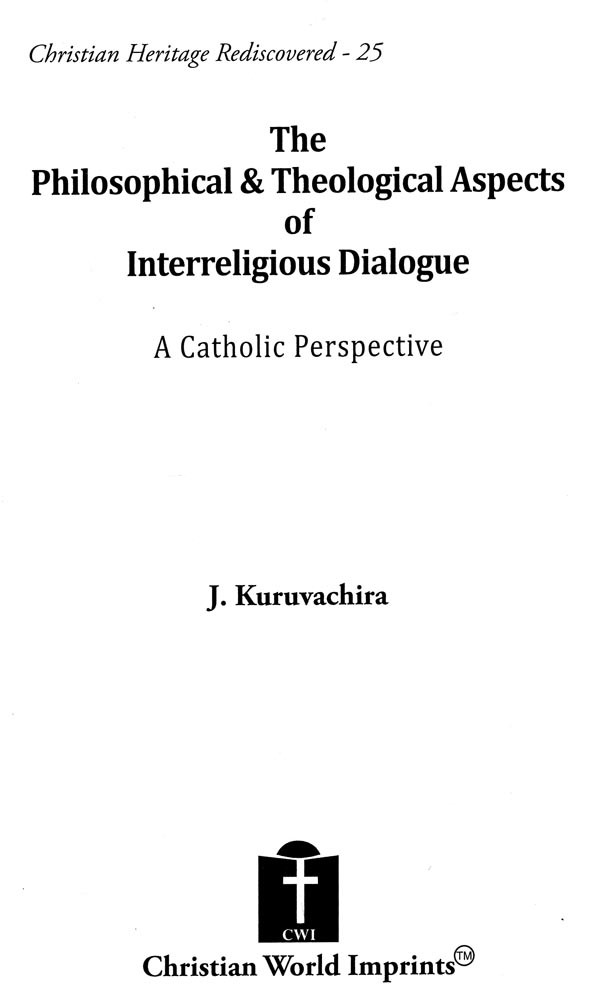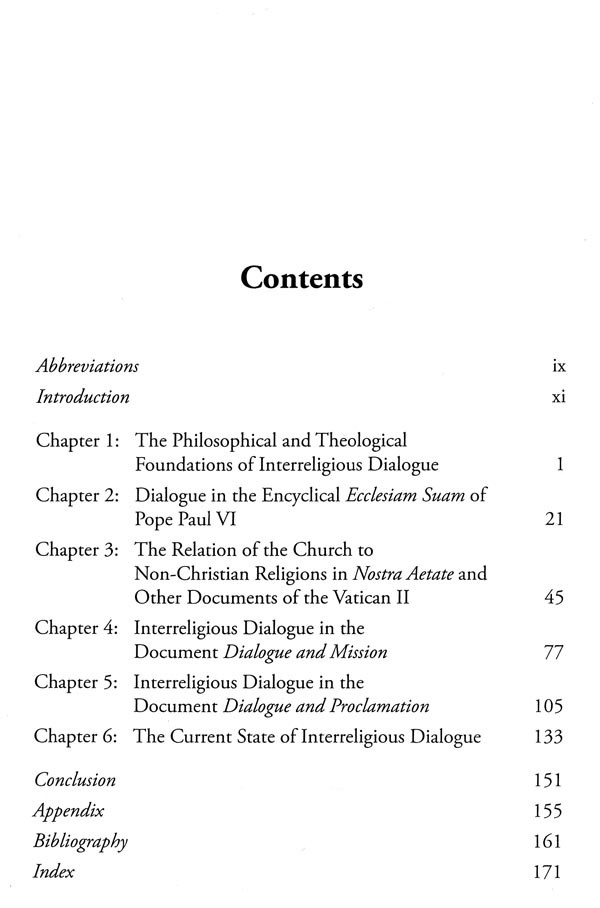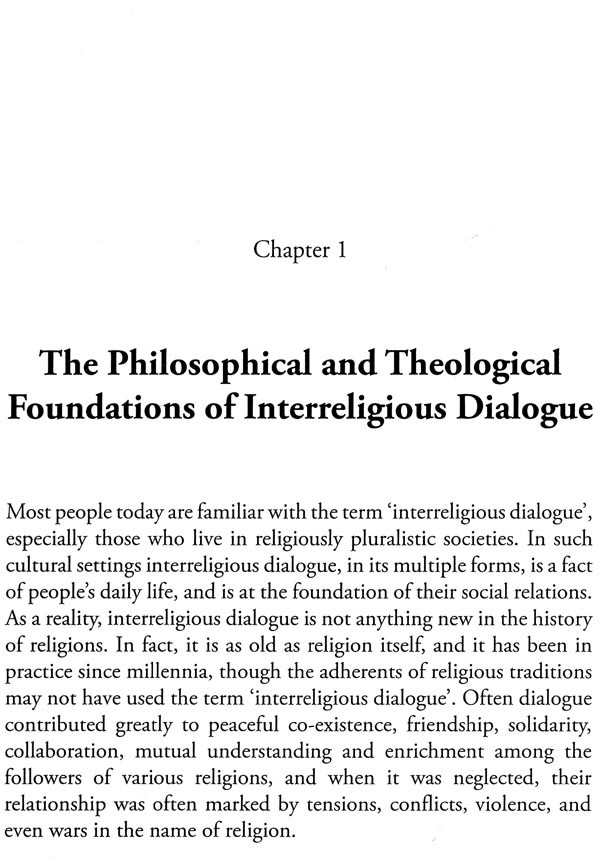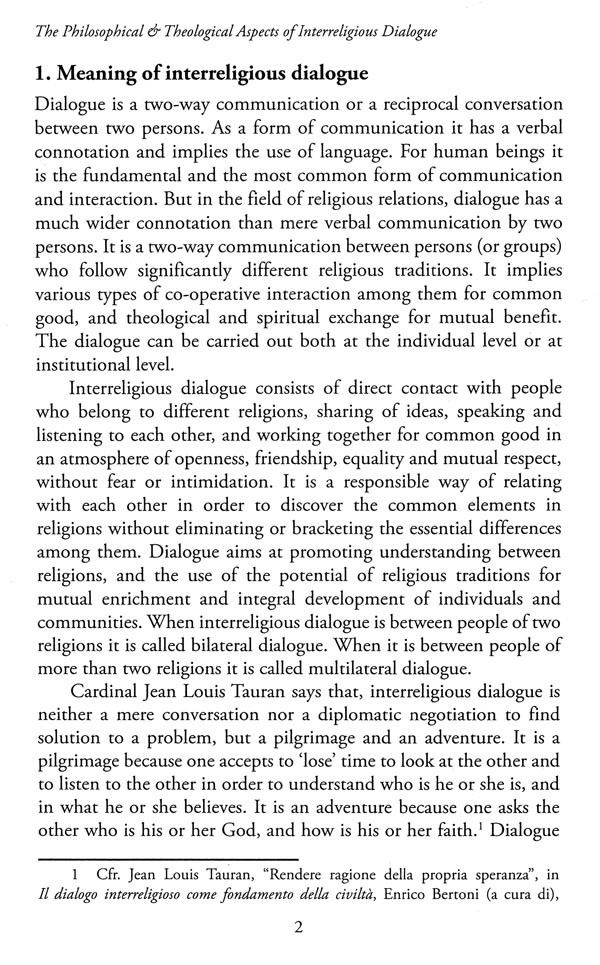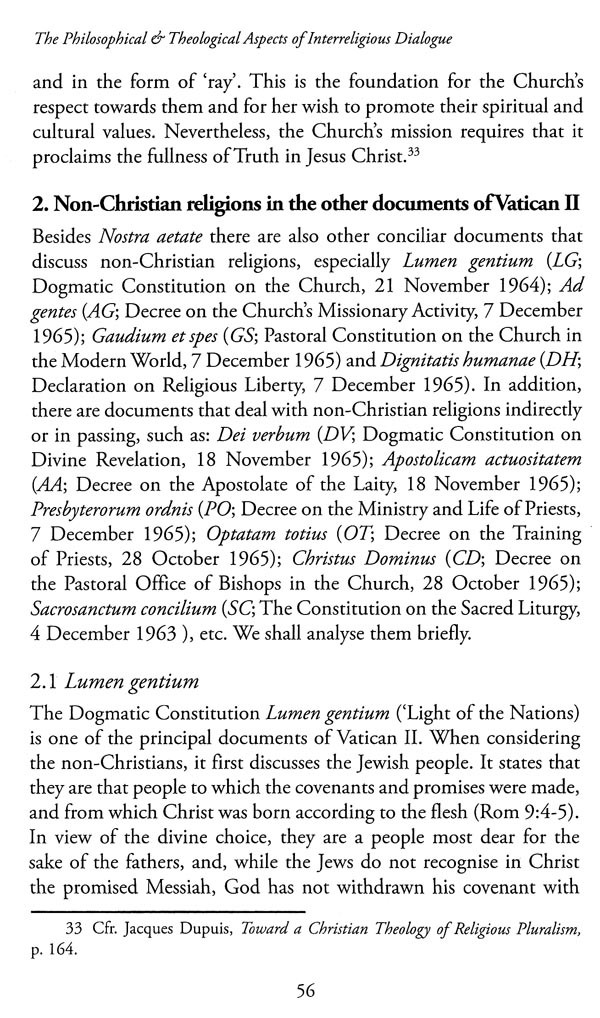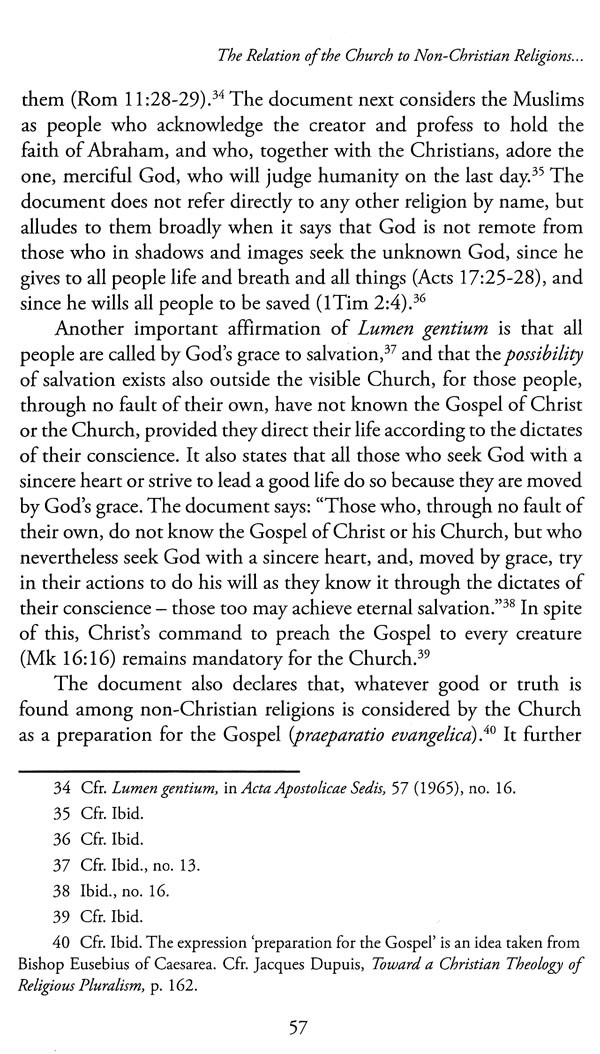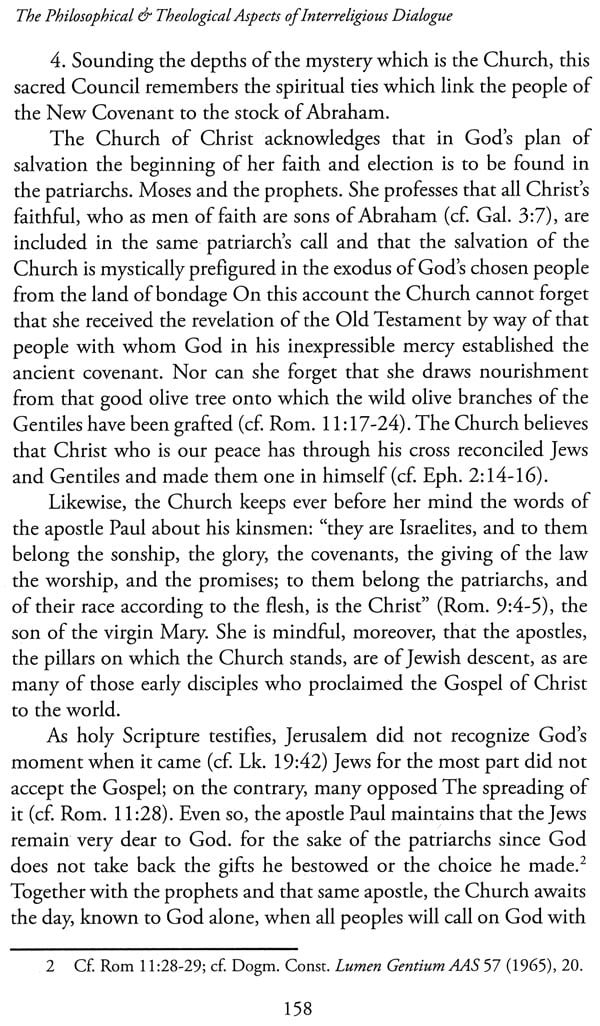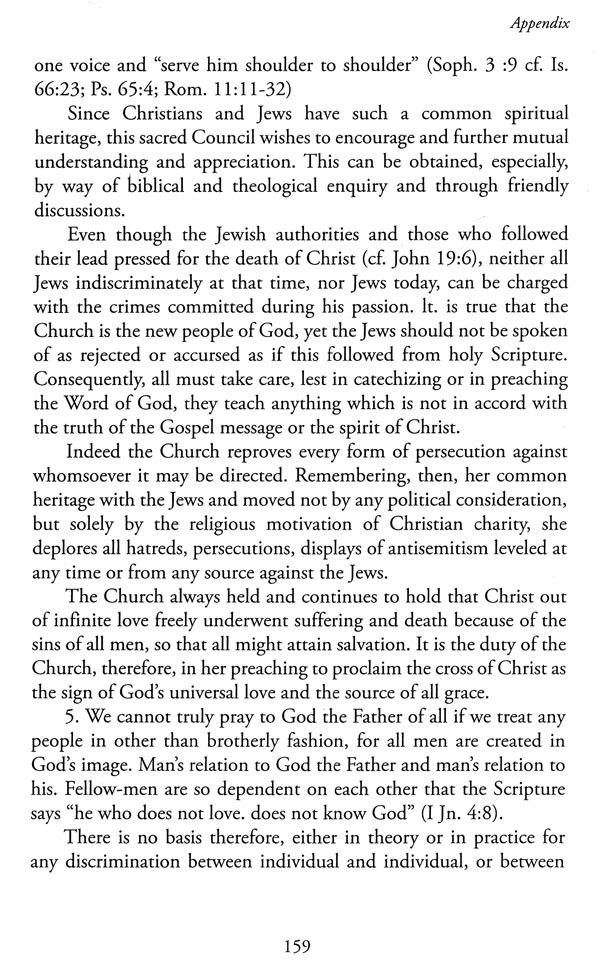About the Book This study presents the official teachings of the Catholic Church on interreligious dialogue as enshrined in the documents Ecclesiam suam (1964) of Pope Paul VI, Nostra aetate and other documents of the Second Vatican Council (1962-1965), Dialogue and Mission (1984), and Dialogue and Proclamation (1991), with some reflections on the philosophical and theological foundations of interreligious dialogue, and the present state of dialogue in the Catholic Church. The study can be used as resource material by students of Catholic theology, Catholic dialogue groups, and individuals involved in the practice of interreligious dialogue. It is also proposed to anyone who may be interested in knowing what the Catholic Church teaches about interreligious dialogue, be they non- Catholics, followers of other religions, or even non-believers.
About the Author J. Kuruvachira is Professor of Philosophy of Religion, History of Religions, and Interreligious Dialogue at the Salesian Pontifical University, Rome. He has a Doctorate in Philosophy from the Gregorian University, Rome, and a Master's degree in Roman Catholic Theology from Pavel Florensky School of Theology and Ministry, California (Euclid consortium).
Introduction Interreligious dialogue is a much discussed topic in our times, and its relevance is widely recognised not only by religious people but also by sociologists, historians of religions, psychologists, politicians and even diplomats. Interreligious dialogue is a practice that tries to build positive, co-operative and constructive interactions between followers of different religious traditions. Dialogue between religions is also becoming more are more indispensable for interreligious co-existence and promotion of peace in the world, and is envisaged as a way to find solutions to many of the conflicts in the world. Besides these pragmatic aims, from a philosophical and theological perspective, dialogue is seen as a common search for the truth. The Catholic Church, aware of these factors, has recognized the importance and necessity of interreligious dialogue, and considers it as one of the ways of carrying out her mission in the contemporary world.
**Contents and Sample Pages**
